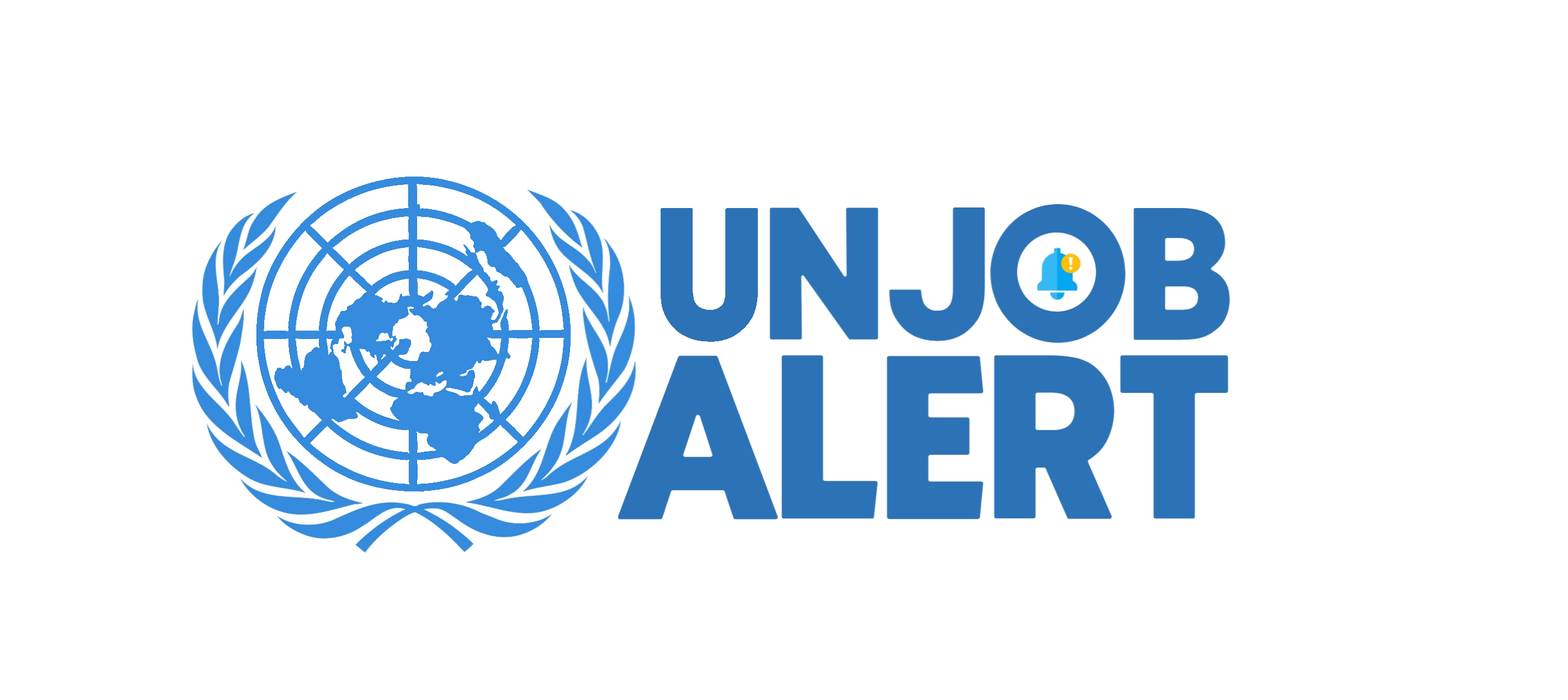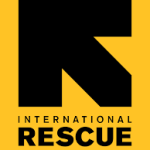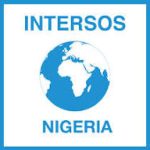Description
The International Rescue Committee (IRC) responds to the world’s worst humanitarian crises, helping to restore health, safety, education, economic wellbeing, and power to people devastated by conflict and disaster. Founded in 1933 at the call of Albert Einstein, the IRC is one of the world’s largest international humanitarian non-governmental organizations (INGO), at work in more than 40 countries and 29 U.S. cities helping people to survive, reclaim control of their future and strengthen their communities. A force for humanity, IRC employees deliver lasting impact by restoring safety, dignity and hope to millions. If you’re a solutions-driven, passionate change-maker, come join us in positively impacting the lives of millions of people world-wide for a better future.
Health programs represent the largest single sector within which IRC currently operates, constituting approximately 45% of the international budget and with activities in 25 countries. IRC health programs worldwide are engaged in the direct provision of health care, safe drinking water, and sanitation support to beneficiaries where needed. Currently, IRC supports or manages 75 hospitals, 1,256 health centers, and 788 health posts through a network of over eight hundred public health and clinical staff employed by IRC country programs. The facility-based care is complemented by community-level primary health care work implemented by about 9,000 community health workers.
Job overview
Sexual and Reproductive Health in Emergencies (SRHiE) is a program area at the IRC that sits within the Emergency Unit (EmU),and concurrently feeds into IRC’s Health Unit. With few predictable and effective health service providers in emergencies, there are major gaps in scale and scope to ensure effective and timely implementation of the Minimum Initial Services Package for SRH in Emergencies (MISP) to respond to the SRH needs of affected populations. IRC is filling a niche in this field, positioning itself as a fast, predictable, and effective leader in the implementation of the MISP while working with partners at all levels to improve commitment to and accountability for MISP implementation in every emergency, in line with IRC’s 2024 Emergency Health Strategy, as well as the EmU Strategy Action Plan, IRC’s Health Strategy, and IRC’s Strategy 100.
The SRHiE Specialist will work under the supervision and close mentorship of the Emergency Health Senior Technical Advisor and the Global Practice Lead, SRHR to provide robust and efficient support for SRHiE (MISP) activities and interventions at the IRC across the emergency response continuum. They will spend a significant proportion of their time providing SRHiE capacity strengthening, preparedness, readiness, and response support and delivering technical and strategic guidance during country-led emergency responses, as well as coordinating additional support across the Health Unit and other technical units and sectors. She/He will also serve as a resource for EmU’s deployed Emergency Health Emergency Response Team (ERT) Staff and Emergency Surge Team (EST) members, providing support on MISP implementation, partnerships and data collection tools/systems and technical resources, as needed. This role will also support the design and launch of IRC’s Center of Excellence for SRHiE, promoting global learning, advocacy and accountability for the MISP. Finally, the incumbent will be the central focal point for SRH initiatives in the emergency health sphere, including tools and strategic guidance development and refinement, advocacy, research, partnerships, business development, frameworks, and anticipatory guidance.
Major responsibilities:
Support the Institutionalization of the SRHiE (MISP) at all levels of IRC’s emergency response architecture (30%)
• Engage in internal advocacy and capacity strengthening on the MISP at all levels, proactively identifying and resolving gaps in IRC’s preparedness and response systems, tools and resources
• Support standardization of SRHiE M&E systems/practices, including reviewing needs assessments, emergency response plans and proposals from country programs to ensure MISP standards are met in all emergency health responses
• Coordinate and maintain SRHiE response resources including but not limited to STEP, emergency rapid needs assessment tools, technical tools and libraries/dashboards with ERT support.
• Support SRH analysis across emergencies, including trend analyses across health programs in delivery, and as requested for regional and country programs engaged with emergency response and preparedness activities.
Technical Assistance to IRC SRHiE (MISP) Responses (20%)
• As required, make extended TA visits to support the implementation of the MISP as part of emergency health programming start-up in complex or large-scale emergencies (20% of time and maximum 6 weeks for single visit). This is inclusive of, but not limited to, responsibilities such as:
o Rapid needs assessments, evaluation/learning efforts, or other accountability support functions;
o Provide technical support for SRHiE programming, including identifying capacity gaps in technical aspects and determining strategies/modalities to address them.;
o Ensure program quality, accountability and consistency in MISP programming led by IRC’s local and national partners by providing remote and occasionally in person technical assistance, training and socializing systems and tools.
o Support the identification of strategic SRHiE partnerships with NGOs and government entities as part of emergency preparedness efforts.
o Champion a culture of effective and respective partnerships across the Emergency Health team. Promote partner-led programming in line with IRC’s “why not partner?” approach.
o Following an emergency response, work with Country Programs to evaluate the MISP response, collect lessons learned, and support subsequent preparedness actions to address identified gaps.
• Advise and train IRC and/or IRC partners on MISP tools and resources for emergency preparedness, early action and response, as needed.
Support Global Efforts for Advocacy and Accountability for the MISP in all Emergencies (40%)
• Support the design, launch and implementation of IRC’s new Center of Excellence for SRHiE
• Support the development and dissemination of IRC’s SRHiE field experiences, lessons learned, and practical global learning on MISP implementation
• Work with members of the Health Unit and EmU to develop a global MISP monitoring platform to raise real-time awareness among key global and national stakeholders about key gaps in MISP implementation in order to better direct resources to the places most in need.
• Conduct strategic advocacy to donors, partners, multi-laterals and other humanitarian stakeholders to promote improved commitment to and increased resources for the MISP in every emergency and help ensure no crisis is left behind.
• Maintain strategic relationships with and contribute to initiatives led by key humanitarian stakeholders for SRHiE, including the Interagency Working Group for Reproductive Health in Crises, the SRH Task team within the Global Health Cluster, etc.
Business Development and Grant Management (10%)
• Lead or contribute to the development, review and submission of strategic proposals and concept notes around IRC’s innovative programming related to health in emergencies, aligned with the Emergency Unit SAP, Emergency Health strategy and other identified strategic priorities.
• Provide support to emergency health response and preparedness awards, inclusive of awards focused on subawards to partners (maximum 1 per year).
Team Culture
• Build and maintain strong working relationships with EmU, TechEx and Regional colleagues and continually promote a culture of partnership and collaboration
• Cultivate and maintain a positive, collaborative, safe and protective work environment, while additionally setting an example of ‘One IRC’-way of working within the team, EmU and the wider organization
• Contribute to efforts across EmU to promote gender equality, diversity and more inclusive practice across our programming and our ways of working
Key working relationships:
Position Reports to: Senior Technical Advisor of Emergency Health
Position directly supervises: Could potentially supervise occasional interns
Indirect reporting: Global Practice Lead, SRHR
Other contacts: Close working relationships with all sectors in the EmU Quality in Emergencies (QiE) team, across EmU and the Health Unit, (including SRHR technical team members, advocacy colleagues, regionally aligned Health Unit TAs assigned to specific countries,) notably ERT/EST Health Coordinators, as well as the Preparedness, Response Management, and Deployment teams, and regional leadership and Country Program focal points.
Job requirements:
Education: Master of Public Health, or equivalent, with background in SRHR; A medical/nursing/midwifery degree is a strong plus
Work Experience: Approximately 7+ years of progressive public health related international field experience in SRH in low income countries and humanitarian settings, including experience implementing the MISP. Experience in SRHR program implementation, monitoring & evaluation, and learning management, technical tools development, data analysis and advocacy is required.
Field Experience: 4-5 years of field experience preferred, including at least 2 years implementing SRH programs in humanitarian settings
Demonstrated Skills and Competencies:
• Demonstrated expertise in SRHR programming, planning and implementation.
• Strong track record of support values clarification and attitudes transformation around SRHR, especially for contraception and abortion care.
• Effectiveness in bridging conceptual frameworks and practical guidance, ability to turn concepts and strategy into measurable and relevant action.
• Strong interpersonal skills and ability to facilitate effective collaboration within the organization externally with local partners.
• Excellent capability to represent the IRC in forums in emergency settings and excellent communication skills including the ability to deliver presentations to professional, lay and donor audiences;
• Proven writing and editing skills, including the ability to effectively write and edit grant proposals and reports;
• Effective people and program management skills in acute emergency contexts: the ability to train, lead and manage staff productively under stressful circumstances;
• Ability to work with multi-cultural and multi-disciplinary teams and proven ability to develop positive relationships with global, local and remote team members, while providing and coordinating context-appropriate technical assistance.
• Proven ability to deliver results under pressure and in a timely manner.
• Strong track record as a capable trainer and facilitator, able to effectively transfer technical knowledge and skills
• Demonstrated success in working with donors, partners, project design, and business proposal development.
Language Skills: Fluency in English and French required.
Working Environment: Standard office or remote work environment, 20% travel as necessary, including to unstable areas of emergency response work
**Standard of Professional Conduct:**The IRC and the IRC workers must adhere to the values and principles outlined in the IRC Way – our Code of Conduct. These are Integrity, Service, Accountability, and Equality.



